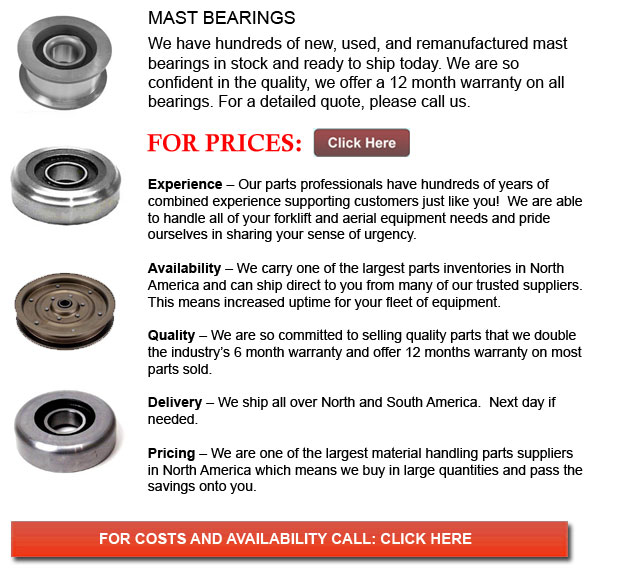
Mast Bearings - A bearing is a gadget that allows constrained relative motion among at least 2 parts, usually in a linear or rotational sequence. They could be generally defined by the motions they allow, the directions of applied loads they can take and according to their nature of utilization.
Plain bearings are extremely generally utilized. They utilize surfaces in rubbing contact, usually together with a lubricant such as oil or graphite. Plain bearings may or may not be considered a discrete tool. A plain bearing could have a planar surface that bears another, and in this situation will be defined as not a discrete gadget. It can have nothing more than the bearing exterior of a hole with a shaft passing through it. A semi-discrete instance will be a layer of bearing metal fused to the substrate, whereas in the form of a separable sleeve, it would be a discrete tool. Maintaining the correct lubrication enables plain bearings to be able to provide acceptable accuracy and friction at the least expense.
There are various types of bearings that could improve reliability and accuracy and develop efficiency. In various uses, a more fitting and specific bearing could better service intervals, weight, size, and operation speed, thus lowering the whole costs of utilizing and buying equipment.
Several types of bearings with varying shape, material, application and lubrication exist in the market. Rolling-element bearings, for example, use drums or spheres rolling among the components so as to lower friction. Reduced friction gives tighter tolerances and higher precision compared to plain bearings, and less wear extends machine accuracy.
Plain bearings are usually constructed utilizing different types of plastic or metal, depending on how dirty or corrosive the surroundings is and depending on the load itself. The type and application of lubricants can significantly affect bearing lifespan and friction. For example, a bearing can work without whichever lubricant if continuous lubrication is not an alternative because the lubricants could attract dirt which damages the bearings or equipment. Or a lubricant can improve bearing friction but in the food processing business, it can require being lubricated by an inferior, yet food-safe lube to be able to prevent food contamination and ensure health safety.
Most high-cycle application bearings need cleaning and some lubrication. From time to time, they may require adjustments to help minimize the effects of wear. Various bearings may need infrequent repairs to be able to prevent premature failure, though fluid or magnetic bearings may require not much maintenance.
A clean and well lubricated bearing will help extend the life of a bearing, nonetheless, several kinds of operations could make it much challenging to maintain constant upkeep. Conveyor rock crusher bearings for example, are usually exposed to abrasive particles. Regular cleaning is of little use as the cleaning operation is expensive and the bearing becomes dirty once more once the conveyor continues operation.
![]() Click to Download the pdf
Click to Download the pdf
Forklift Parts
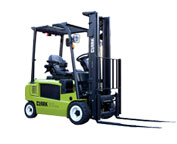
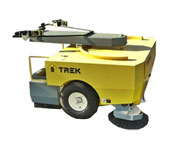
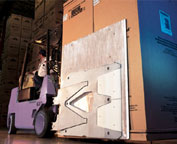
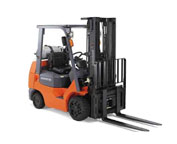
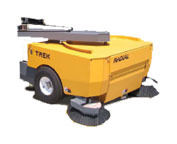
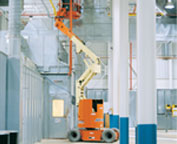
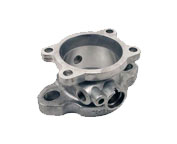
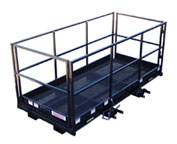
Lift Parts Express
TOLL FREE: 1-888-695-7994
Calgary, Alberta
forkliftpartscalgary.ca
Email Us
About Us


